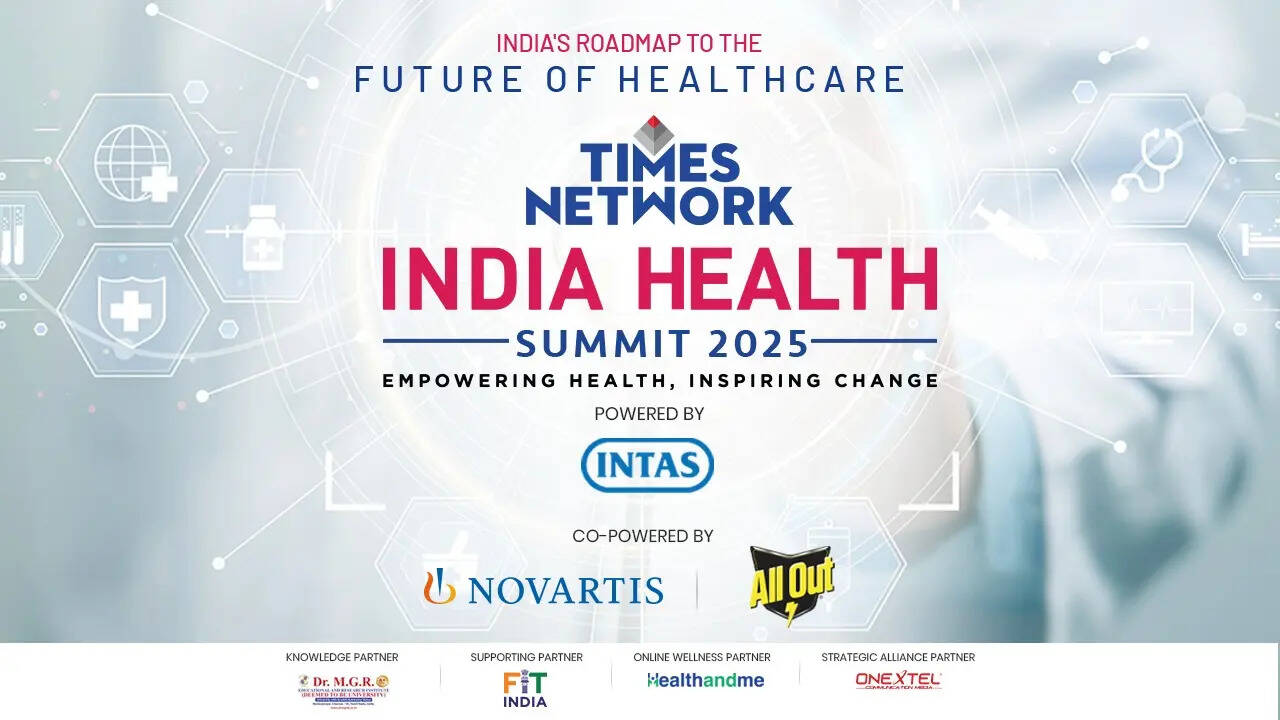India Health Summit 2025 | How India Is Bringing Innovation And Accessibility To Advance Cancer Care

SummaryAs India wages war on Cancer, experts from across the field will discuss how they can bring innovation and accessibility to advance cancer in India at the Times Network India Health Summit.
End of Article
